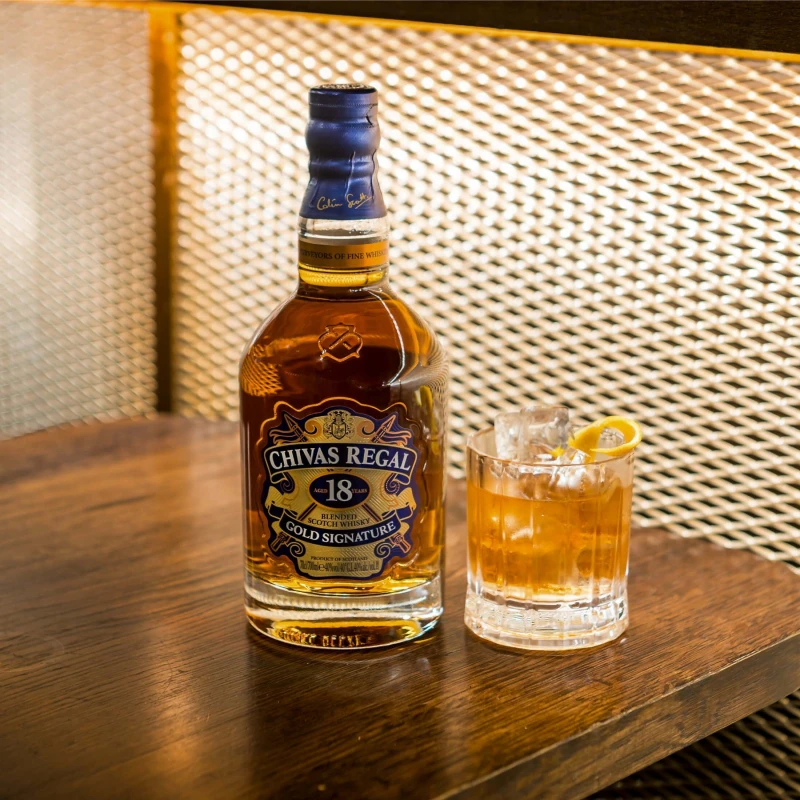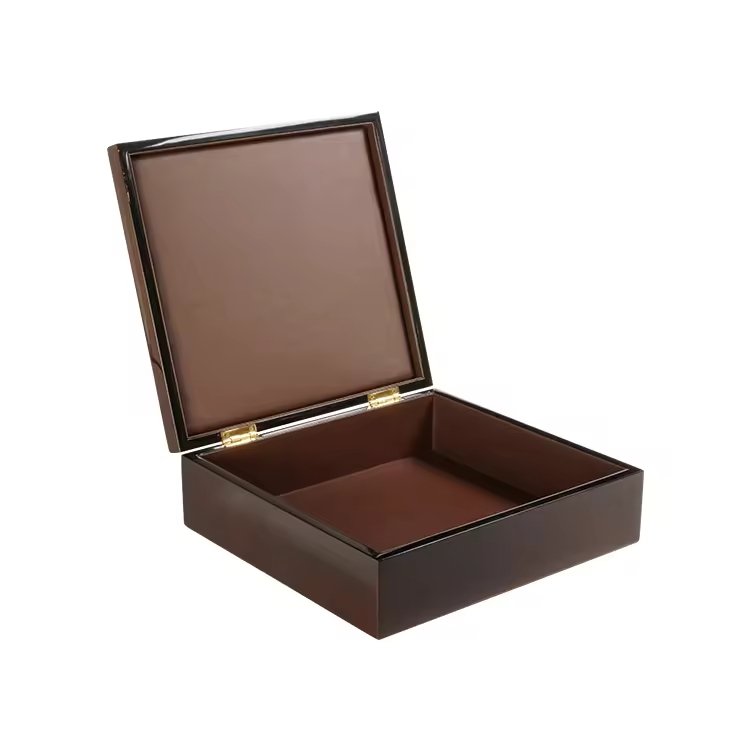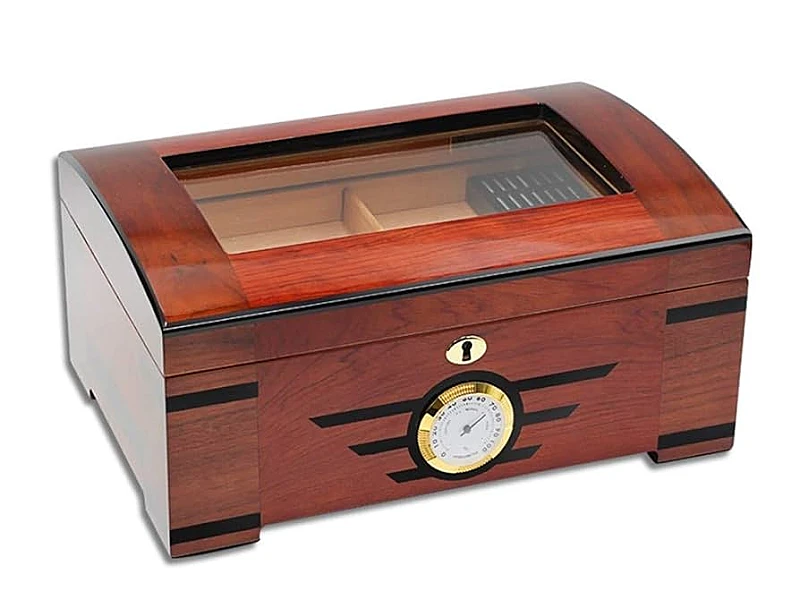
Many wonder why Cuban cigars always use vintage emblems and dark wood tones. Some think it is just tradition. But the answer is deeper.
Cuban cigar brands prefer vintage emblems and dark woods because they symbolize heritage, cultural pride, and exclusivity while reinforcing their timeless reputation.
This combination is not random. It connects history, culture, and emotional storytelling. Let’s explore each element closely.
How does the history of Cuban cigars shape their preference for vintage-style emblems?
If we ignore history, packaging seems like decoration. But Cuban cigars are tied to a legacy that dates back centuries. Without vintage emblems, this legacy is lost.
The history of Cuban cigars drives the use of vintage-style emblems, linking today’s brands to their heritage and golden past.

Cuban cigars became famous in the 19th century. During that time, ornate emblems and coats of arms were popular in Europe. Export boxes carried these symbols to prove authenticity. Today, brands keep using similar designs to maintain continuity with that era.
Key historical factors
| Period | Influence on Emblems | Lasting Impact |
|---|---|---|
| 1800s trade boom | Ornate crests and gold stamps | Prestige and authenticity |
| Colonial heritage | Use of European heraldic motifs | Global luxury association |
| Revolution period | Reinforcement of “national pride” symbols | Emblems tied to identity |
I once studied original Cuban cigar labels from the 1880s. The amount of detail and gold embossing amazed me. Today’s designs often echo those same flourishes, because they keep history alive while signaling status.
If a brand used light pine or bright-colored boxes, they would lose the aura of seriousness. Customers might not link them with premium cigars.
Dark wood tones symbolize tradition, authority, and heritage, making them a natural choice for Cuban cigar packaging.
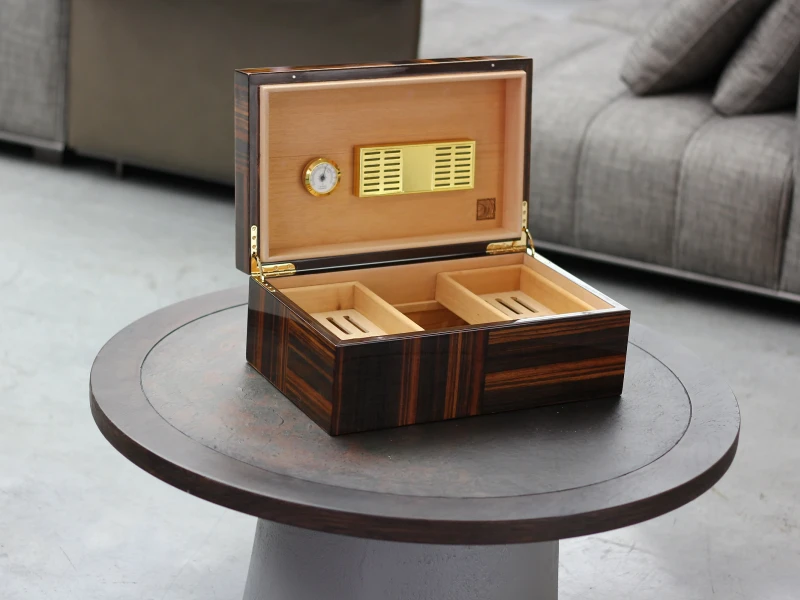
Dark tones like mahogany, walnut, or ebony carry cultural weight. They suggest age, permanence, and dignity. In many cultures, darker woods are tied to status. In cigar culture, they also echo the deep tones of aged tobacco leaves.
Symbolic meaning of dark woods
| Wood Tone | Symbolism | Effect on Identity |
|---|---|---|
| Mahogany | Warmth and heritage | Classic Cuban brands |
| Walnut | Richness and authority | High-end limited editions |
| Ebony | Mystery and prestige | Collector’s humidors |
I once supplied a Cuban-inspired brand with a mahogany finish instead of MDF veneer. The client told me the customers reacted as if the packaging was “as old and noble as the cigars inside.” That response proves why dark wood is irreplaceable.
How does the combination of emblem and wood color connect with Cuban national identity?
Separately, emblems and dark woods carry meaning. Together, they create a strong cultural message. Without this combination, the box would feel incomplete.
The pairing of vintage emblems with dark wood reflects Cuban national pride, blending historical authenticity with symbolic strength.
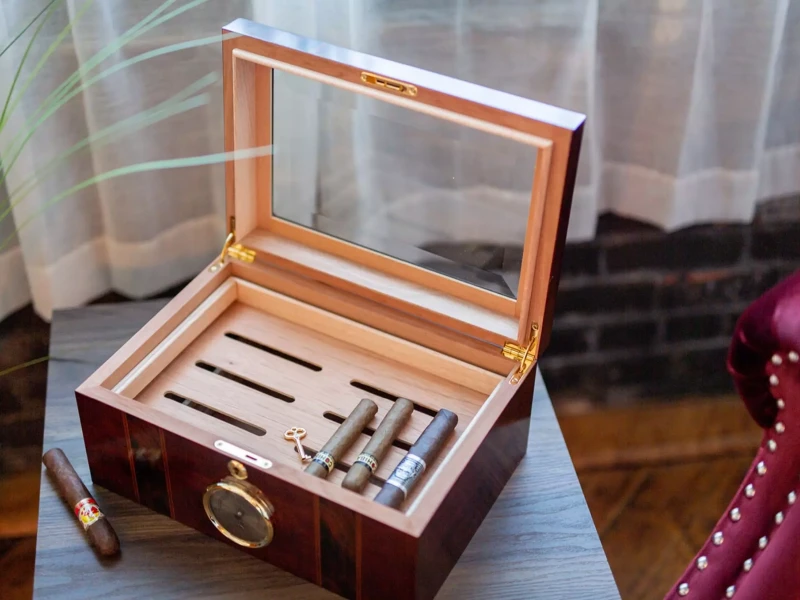
Cuban national identity is rooted in tradition, craftsmanship, and resistance to imitation. Vintage emblems remind people of Cuba’s golden export era. Dark woods reinforce seriousness and authority. When combined, they make each box a national symbol, not just packaging.
Connection to Cuban culture
| Element | National Value | Packaging Expression |
|---|---|---|
| Vintage emblem | Pride in history | Echoes of Cuba’s golden age |
| Dark wood tone | Strength and heritage | Prestige and respect |
| Combination | Unity of culture and craft | Identity that endures |
When I visited Havana years ago, I noticed how many cigar shops displayed boxes as cultural artifacts, not just storage. The emblem and wood together made them feel like symbols of Cuba itself.
In what way do vintage design elements appeal to the emotions of cigar collectors and enthusiasts?
Collectors often buy cigars not only for smoking but also for the story. Without emotional design, a box risks being seen as generic.
Vintage design elements trigger nostalgia, connecting collectors emotionally to tradition and history.
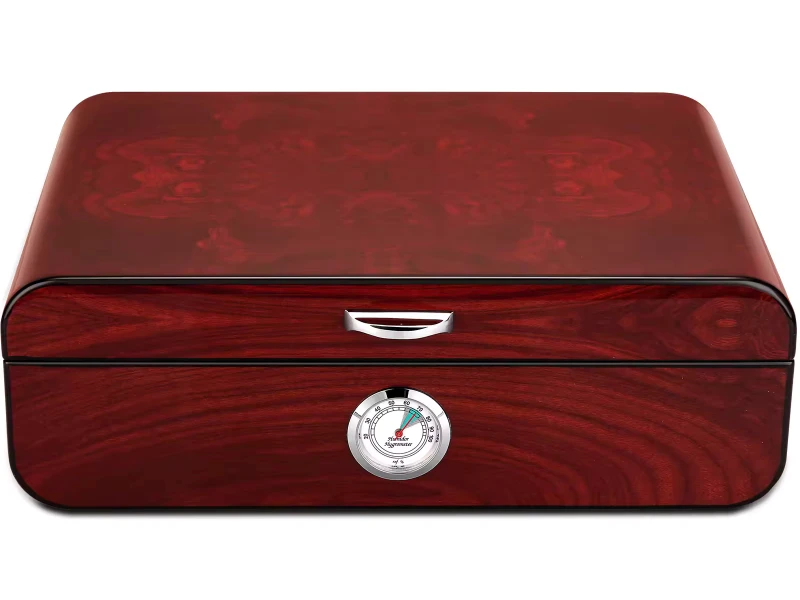
Ornate flourishes, aged paper seals, and embossed gold details remind buyers of a romantic past. These cues make the box more than packaging. They make it part of a collectible experience. For enthusiasts, the feel of history in their hands increases the perceived value.
Emotional triggers in vintage design
| Design Element | Emotional Response | Effect on Collectors |
|---|---|---|
| Gold embossing | Luxury and pride | Sense of ownership value |
| Aged paper seal | Authenticity and heritage | Trust in tradition |
| Ornate flourishes | Nostalgia and romance | Emotional storytelling |
I once sold a set of replica Cuban-inspired boxes to a collector in London. He told me he loved them because they “felt like artifacts.” That emotional reaction is exactly what vintage design aims for.
How does this aesthetic choice differentiate Cuban cigars from modern or non-Cuban brands?
If every brand looked the same, Cuban cigars would lose their iconic status. But their design choices make them stand out globally.
Vintage emblems and dark woods set Cuban cigars apart from modern brands that often use minimalism or bright colors.
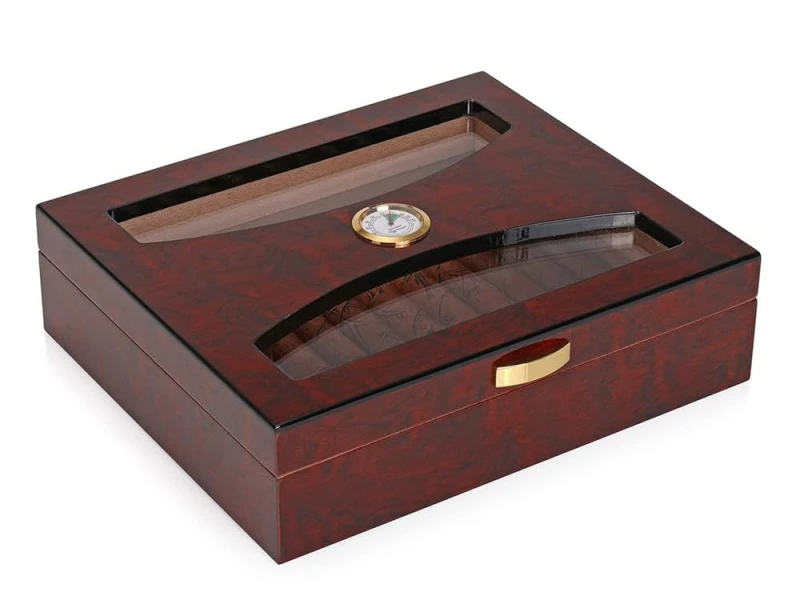
Many non-Cuban brands experiment with contemporary aesthetics—flat graphics, bold colors, or sleek minimalism. Cuban packaging, on the other hand, looks timeless. This contrast reinforces the idea that Cuban cigars are rooted in tradition and cannot be replaced.
Comparison with non-Cuban brands
| Design Style | Cuban Brands | Non-Cuban Brands |
|---|---|---|
| Emblem tradition | Vintage crests and seals | Modern logos, clean lines |
| Wood tone choice | Dark, heritage woods | Mixed, often lighter finishes |
| Storytelling style | Nostalgia and heritage | Innovation and modern appeal |
When I presented Cuban-style packaging at an exhibition, buyers instantly recognized it as “authentic.” They could not confuse it with Dominican or Nicaraguan styles. That recognition is cultural power.
Why does blending nostalgia with luxury strengthen the brand’s cultural storytelling?
Luxury alone may feel cold. Nostalgia alone may feel old-fashioned. But when combined, the result is powerful storytelling.
By blending nostalgia with luxury, Cuban cigars create a cultural story that feels both timeless and prestigious.
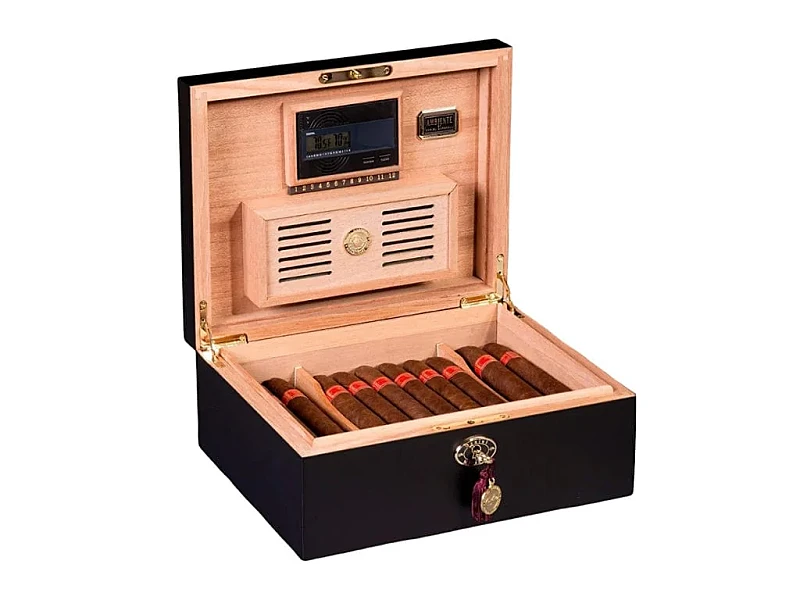
Nostalgia makes the customer feel connected to history. Luxury finishes make them feel elevated. Together, they show that the brand is not only about the past but also about enduring value. This is why Cuban cigars are more than products—they are cultural icons.
Dual effect of nostalgia + luxury
| Element Combined | Customer Impact | Cultural Effect |
|---|---|---|
| Nostalgic design | Emotional connection | Continuity of history |
| Luxury finish | Prestige and exclusivity | Elevated national image |
| Both together | Timeless storytelling | Strengthened brand culture |
I worked on a project for a client in Switzerland who wanted Cuban-style boxes for his brand. We used dark mahogany with vintage emblems in gold foil. Customers described them as “rich with history, yet luxurious enough for collectors.” That mix created lasting cultural value.
Conclusion
Cuban cigar brands use vintage emblems and dark wood tones to connect history, pride, and prestige, turning packaging into cultural storytelling.
Brand Name: WoodoBox
Slogan: Custom Wooden Boxes, Crafted to Perfection
Website: www.woodobox.com
WhatsApp: +86 18359265311


